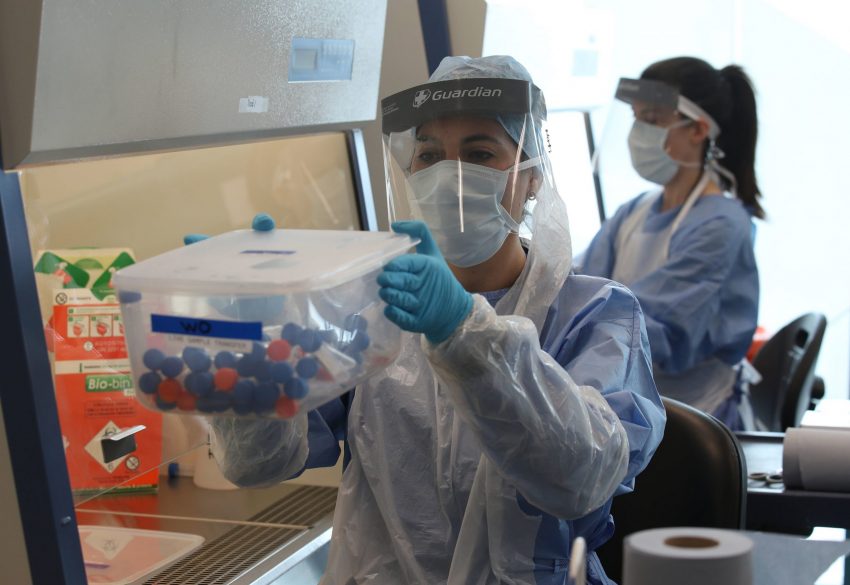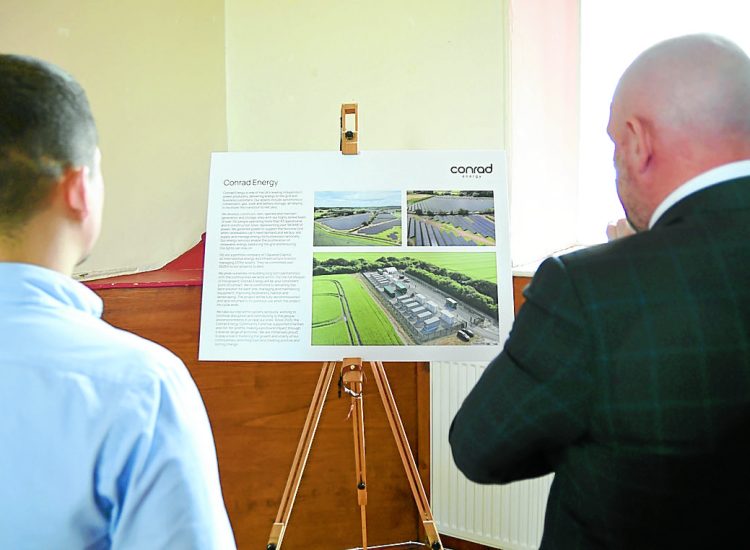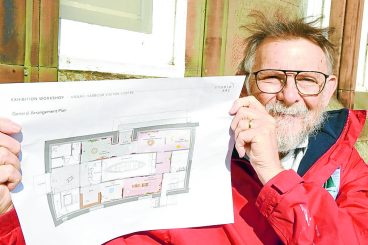The Scottish Environment Protection Agency (SEPA) has been analysing samples from across the country, looking for fragments of the virus’ ribonucleic acid (RNA) – a genetic footprint which can be measured in waste water even after the virus has begun to breakdown – measuring the number of N1 gene copies found per litre of waste water.
Data recorded from samples at Troqueer Sewage Treatment Plant show that on September 21, the same day the number of positive Covid-19 cases in the region jumped from 3 to 11 after steadying at fewer than ten for several months, the number of gene copies per litre spiked from 0 to 12,869.
And on the day before Scottish Water took their next sample from the sewage treatment plant in Dumfries a week later, which recorded 21,340 gene copies per litre, another rise in cases was noted from 3 to 13.
Traces then dropped the following week at the beginning of October to 6783 gene copes per litre, however, SEPA’s most recent sample taken on October 14 saw another sharp rise to 20,122 gene copies per litre.
The World Health Organisation has said there is currently no evidence to suggest that coronavirus has been transmitted via sewerage systems, however, analysis of SEPA’s data has shown that where areas have seen a rise in confirmed Covid-19 cases, this has been mirrored by their positive Covid RNA findings at waste water plants. The findings are now contributing towards research aiming to understand and map the spread of the virus throughout Scotland.
SEPA’s CEO Terry A’Hearn said: “As Scotland’s environmental watchdog and as a public agency, we remain proud to be playing our part in the national effort to combat coronavirus.
“Our scientific capabilities and expertise in designing and implementing monitoring networks made us ideally suited to delivering this trial and the results we are seeing demonstrate its scientific validity.
“Central to the delivery of this project has been our partnership working with Scottish Water and the University of Edinburgh’s Roslin Institute, and we will continue to work closely together to refine our techniques and understanding.”
Scottish Environment Secretary Roseanna Cunningham added: “In order to manage the coronavirus pandemic, it is vital that we continue to develop our understanding of it, and I welcome this UK-wide programme of research and the development of waste water monitoring to help build our knowledge base.”
























